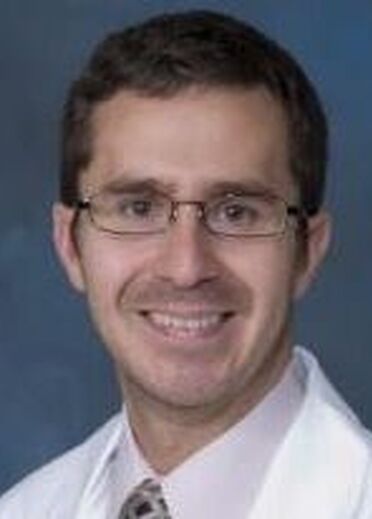Summary
Listen to Ronald Magliola, MD, and Eileen Seeholzer, MD, MS, from Case Western Reserve University, discuss common barriers to nutrition and diet quality and the impact on patient health. They will provide tools and resources that clinicians can use to address and mitigate these barriers during a primary care visit.
Moderated by Shanail Berry Lampkin, MD, Case Western Reserve University
Resources mentioned in the podcast:
American Academy of Family Practice Social Needs Screening Tool
https://www.aafp.org/dam/AAFP/documents/patient_care/everyone_project/hops19-physician-form-sdoh.pdf
Cardi-OH Webinar - Social Determinants of Health
https://www.cardi-oh.org/resources/social-determinants-of-health-implementing-screening-and-taking-action
Cardi-OH Article - Building a DASH Diet Plate
https://www.cardi-oh.org/resources/building-a-dash-diet-plate
Healthy Plate Method
https://healthy.kaiserpermanente.org/health-wellness/healtharticle.the-healthy-plate-method
Recipes from SNAP-Ed Partners
https://snaped.fns.usda.gov/resources/nutrition-education-materials/snap-ed-recipes/recipes-snap-ed-partners
Sources
The opinions and recommendations presented in these podcasts are those of the presenter(s) and do not represent the views of the Ohio Cardiovascular & Diabetes Health Collaborative (Cardi-OH).
The Ohio Cardiovascular & Diabetes Health Collaborative is funded by the Ohio Department of Medicaid and administered by the Ohio Colleges of Medicine Government Resource Center. The views expressed in this presentation are solely those of the authors and do not represent the views of the state of Ohio or federal Medicaid programs.
This podcast is for general informational purposes only and does not constitute the practice of medicine, nursing or other professional health care services, including the giving of medical advice, and no doctor/patient relationship is formed. The use of information on this podcast or materials linked from this podcast is at the user's own risk.
The content of this podcast is not intended to be a substitute for professional medical advice, diagnosis, or treatment. Users should not disregard, or delay in obtaining, medical advice for any medical condition they may have, and should seek the assistance of their health care professionals for any such conditions.
Featured Speakers

Eileen Seeholzer, MD, MS
Case Western Reserve University

Ronald Magliola, MD
Case Western Reserve University

Shanail Berry Lampkin, MD
Case Western Reserve University
